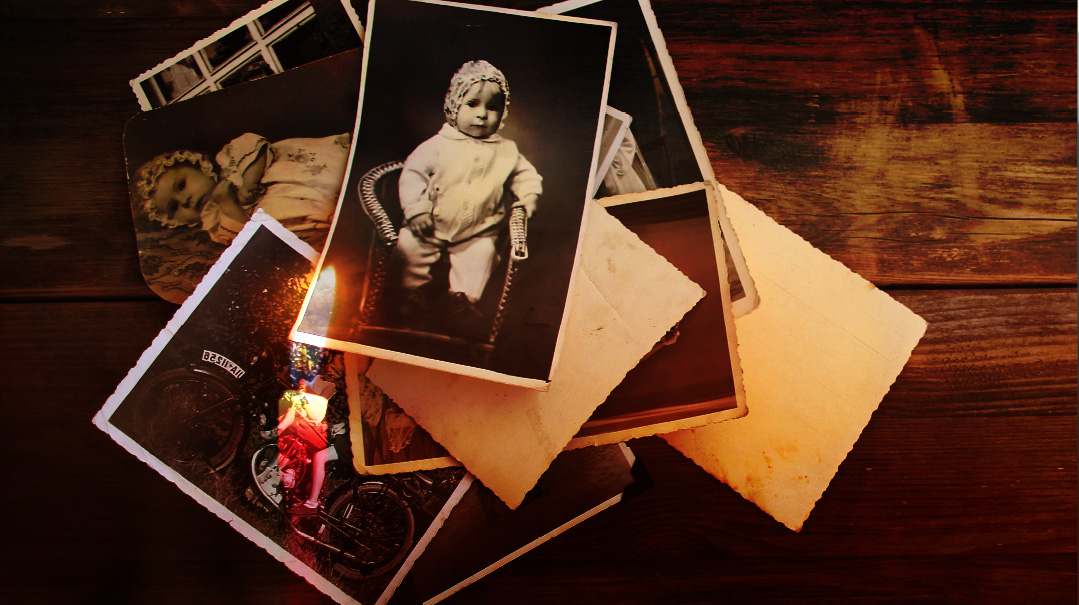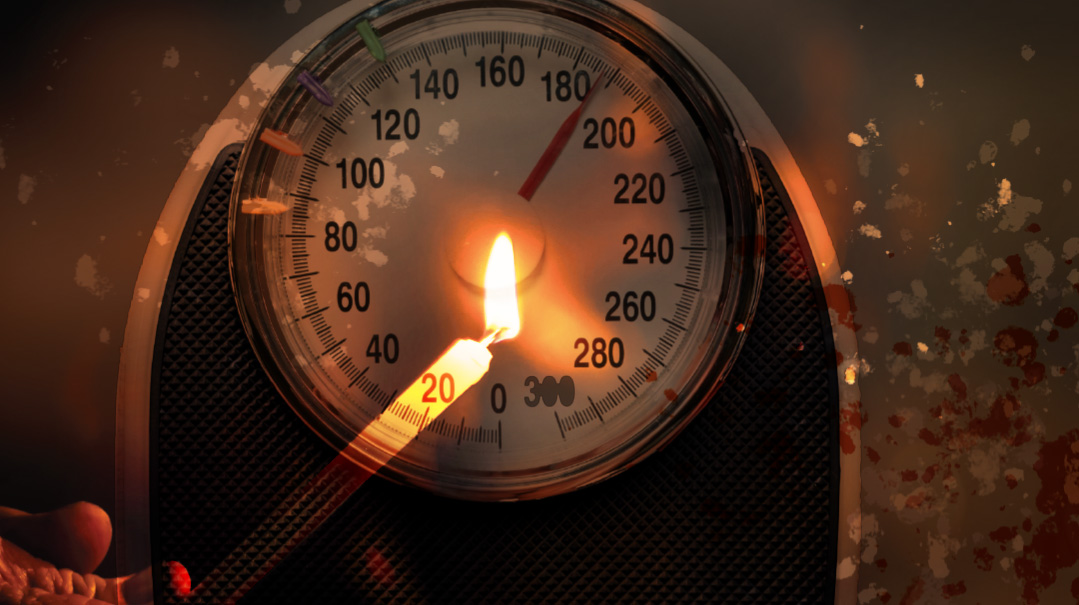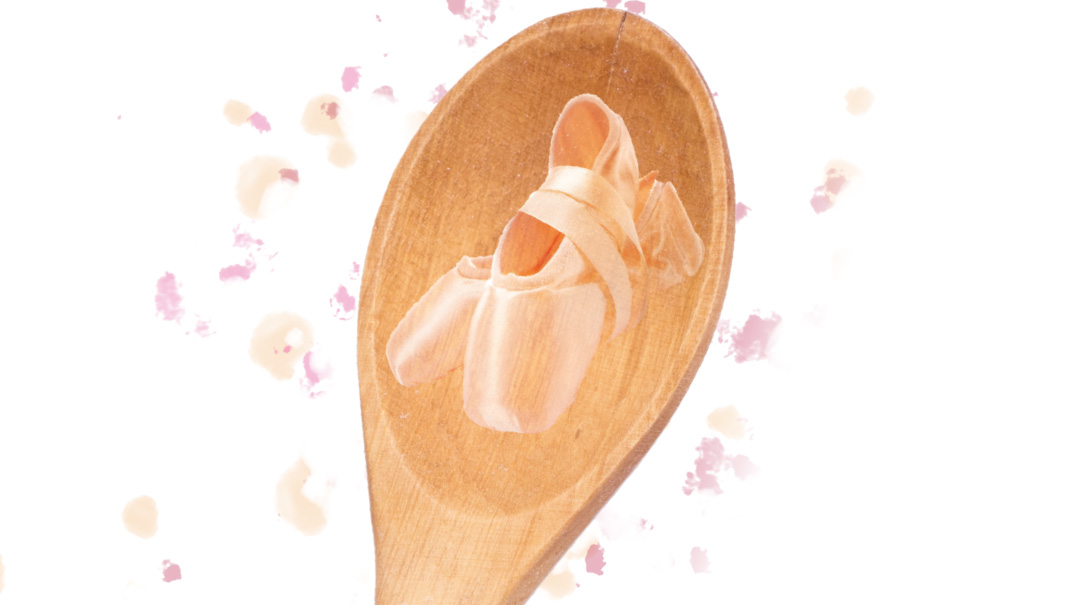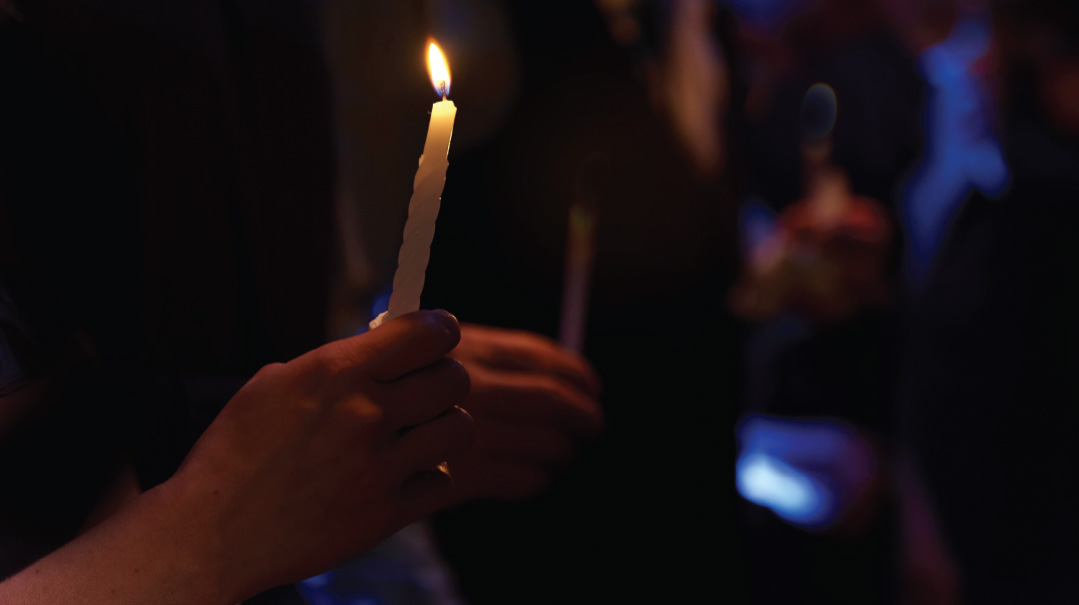Inside Story

Nine writers recount their search for chometz — and what they found

As told to Miriam Klein Adelman
IT
was five years ago, this March, when my 20-year-old daughter, Rina, refused to get out of bed one morning for work. She didn’t emerge the next day, or the one following that. First it was a headache, then a stomachache, until she stopped offering excuses altogether. She’d simply turn her head to the wall and not answer me. My husband and I were at a loss.
After much prodding, she agreed to speak to a professional, but when she returned from her session, she started to spew angry words — at me. She said I never loved her. She said I made fun of her to her friends. She said I was a selfish mother. I was devastated. But the biggest blow was yet to come: My husband took her side.
He told me afterward he didn’t really believe her but felt it would help her recovery to give the impression he did. Still, it felt like the ultimate sting. I’m not going to pretend I was a perfect mother. But I knew my husband’s way of dealing with the situation was a mistake. We had to present a united front.
Had I been in a healthier, less needy place, perhaps I would’ve responded to both Rina and my husband less reactively. But I was so desperate for my family’s love back then. When Rina would say something hurtful and my husband would sycophantically agree, I would hurl back something just as hurtful.
We’d been a small but close-knit family, ten-year-old Shira, 18-year-old Avi, and Rina. But now that Rina was blaming me for all her stuff, I started noticing Avi subtly distancing himself as well. He wasn’t his usual easygoing self anymore. One evening, for instance, when I asked about his day, he turned irritably to me and said, “Why do you care?”
In a mere few months, we’d gone from a family with its normal ups and downs to a family of only deep downs. Inexplicably, my parents sided with Rina too. Like my husband, they also asked that I indulge her chutzpah. “Just show her love, no matter how she speaks to you,” they said.
Our rav strongly felt my husband shouldn’t allow my daughter to talk to me disrespectfully. Uncharacteristically, my husband refused to heed his advice.
At this point, I was flirting with depression myself. My life had revolved around the needs of my family; now that they were spurning me, I had no energy for anything. It was a heavy, soul-searching time for me as I realized how empty I felt without my husband’s support. Even after Rina’s depression lifted, she continued to treat me badly, with her father’s backing, though now her disrespectful speech was replaced with stony silence.
Things continued to spiral out of control. I no longer recognized myself. I was obsessed with how my husband and child had wronged me and spent hours trying to explain to my husband why he was wrong, and I was right. Terrified my other children would reject me as well, I tried to figure out ways to please them. One day my husband took Avi out for pizza. The next day I offered to take him out for bowling and pizza. After he picked up a teddy bear for Shira on the way home from work, I bought her a gold heart necklace.
The lowest, most painful point was when we sat together at the Shabbos table every week. Well, we looked like we were sitting together. Rina and my husband would be conversing together in low tones or laughing together over some private joke, while the rest of us looked on. Sometimes I imagined they were looking my way and laughing.
It was wrenching. There was no magic turnaround, but gradually I came to realize the mistake I’d been living my entire life. I’d been living through others, expecting them to help me feel good about myself. It had started in my childhood when I worked hard to please my father who was rarely happy with anything I did, and the pattern continued through my rocky high school friendships. But when I married and had a family, I thought I would finally find inner peace.
Subconsciously, I’d always assumed it was my family’s job to fill me up. It was only when they turned against me, and I was forced to confront the emptiness inside, that my journey to finding myself began in earnest. In my frenetic search for happiness, I’d neglected to search within.
But, whoa, was it difficult at this later stage of life to start building myself up, even with the help of a wise and supportive coach. I’d prep myself before each Shabbos meal, reminding myself that I was the daughter of a King, whether anybody else in my life acknowledged it or not. And as the daughter of a King, it behooved me to act dignified.
The more I internalized that I was the source of my own happiness, that nobody could make me feel anything about myself, the stronger I grew. Slowly, I stopped fawning to get love. I stopped reacting angrily to every perceived threat to my selfhood.
Interestingly, once I did the work and stopped worrying about what others thought about what I did, following my inner compass of what was right, my family started respecting me more. It wasn’t something I’d counted on, just a happy by-product.
Another unexpected development was my improved mood. People like hanging around people in good moods. Slowly, the atmosphere in the house was changing. Almost against their will (at least in the beginning), my family was turning back to me.
I learned that joy, peace, and love are gifts bequeathed to every one of us, but we can access them only once we fill ourselves up first with the sense of our own unique value. And from that place, all the good can flow.
(Originally featured in Family First, Issue 789)
Oops! We could not locate your form.







